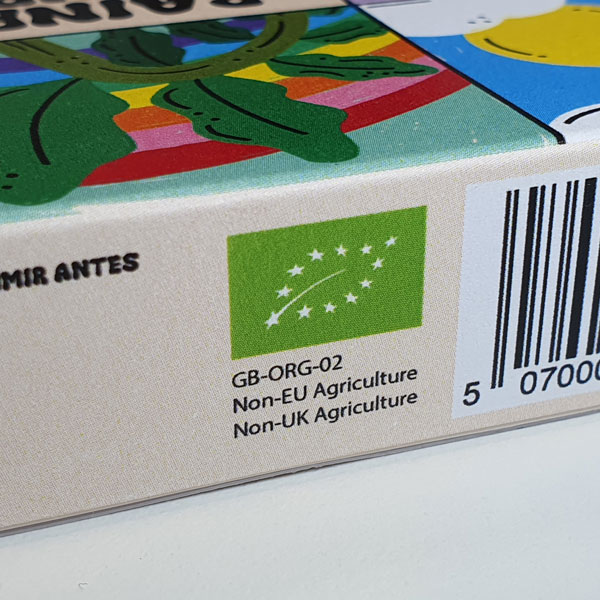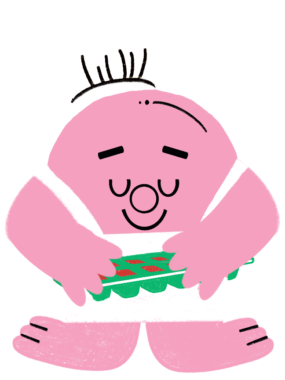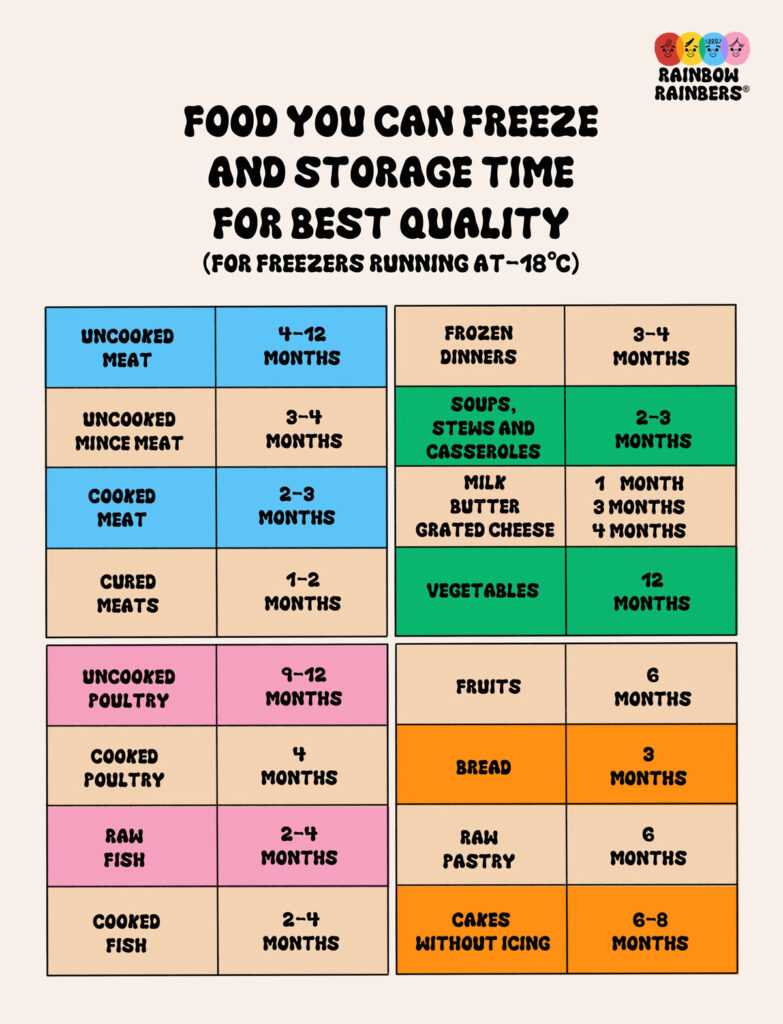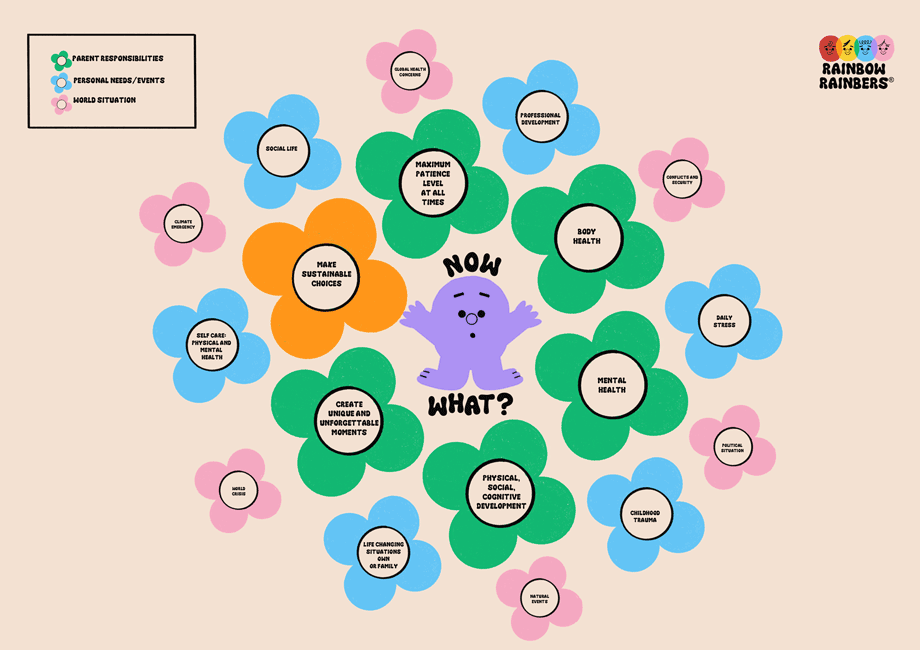News
Welcome to ‘Now What?’
The blog of Rainbow Rainbers for mothers, fathers, grandmothers, grandfathers, and others caring for little ones who feel overwhelmed by the responsibility, pressure, or information overload of today and are looking for small changes to create unforgettable moments.
In our blog, we won’t discuss definitions, recommendations, studies, parenting styles, etc. Nowadays, just typing a few words into a search engine (or AI) offers a wide range of options, from paediatricians recommending certain practices, dietitians discussing micro-macro nutrients and vitamins, scientific articles analysing the long-term impact of diet, hundreds of apps for recipes, child food delivery services (the latest I’ve seen delivers baby food in cubes!), to TED talks on how everything we do as parents affects our children, what they need at all ages, and even how the happiness we aim to provide them is too surreal a goal…
We don’t aim to demoralise anyone. On the contrary, perhaps all this unlimited information brings us back to basics, to what humans have excelled at since the beginning of time: adaptation, following our instincts to change things and thus create our own world.
That is exactly our philosophy: change is the only constant and we must adapt continuously. There are no manuals for the perfect family (well, there are—bookshelves are full of them, not to mention social media dictates…), but every family is unique, and what works for one doesn’t work for another. Therefore, we want to offer options for all kinds of families: sustainable ones, those ambitious about making every moment educational, those valuing bilingualism, those wanting to provide creative moments, those wanting to play, those wanting to offer a healthy snack, those wanting to surprise, etc. Whatever your priority, the key is to be together and make the time as pleasant as possible.
To the point: for each topic, we will focus on 2 or 3 useful aspects regarding health, sustainability, and family enjoyment, providing concise information and strategies that might inspire and perhaps become a new family tradition.
Today’s Topic: Healthy Food—How’s it going?

Nowadays, there are thousands of ways to access (apparently healthier) food if you don’t have your own garden.
Supermarkets have labels informing about the origin, type of cultivation, fair trade, bio/eco/organic categories; some companies even provide information about the water used for production and the carbon footprint impact.
Let’s be realistic—we barely have enough time, energy, or money to get through the week and ensure homemade food every day, let alone stay on top of all this.
However, understanding some concepts can help us decide more effectively and even save money while opting for better quality.
1. Ecological, Biological, and Organic—Are they the same? Is it sustainable?

In theory:
- Ecological means a product without chemicals.
- Biological means a product that hasn’t been genetically modified.
- Organic means a product that is all of the above.
In practice, since products come from everywhere and each language uses a different term to comply with European law, it ends up being a bit confusing as the three names are used interchangeably.
- In French: Biologique
- In Spanish: Ecológico
- In English: Organic

If a product has European certification (a leaf made of stars, like on our boxes), it meets several conditions:
- The use of chemical pesticides and synthetic fertilisers is prohibited.
- The use of antibiotics in animals is heavily restricted.
- Genetically modified plants and animals are prohibited.
- Crop rotation is guaranteed each season to protect the soil, prevent pest infestations or weeds.
Is the product marked as Bio/Eco/Organic sustainable?
It depends. If locally produced food is bought, then probably yes. But if the product has been mass-shipped thousands of kilometres to reach supermarket shelves, then not so much; the use of plastic, transportation materials, packaging processes, etc., also change the conditions.
Considering this and our priorities, whether health, sustainability, economic, etc., we must make decisions about what we buy.
2. Buying Ecological/Bio/Organic or Sustainable on a Budget—Is it Possible?

- Nowadays, major supermarkets often have their own bio/eco/organic brand that might be cheaper than another brand that isn’t organic. (We love the range of organic pulses cartons at just £1.05 from the “orange logo” supermarket).
- Going to local markets/farms, cooperatives instead of large retailers to find sustainable/eco/bio or organic products can be very helpful.
List of Farmers Markets (London) and Pick-Your-Own farms (UK):
https://www.lfm.org.uk/markets-home/
https://pickyourownfarms.org.uk/
- Growing our own food at home (in the garden, a community garden, or creating a “window garden”).

(I promise the potato salad tastes better with the chives freshly cut from the window).
Which plants can we easily maintain in our windows?

Herbs such as: Basil, lavender, parsley, rosemary, thyme, edible flowers, etc. Vegetables like: Pea shoots, kale, mini beets, mini carrots, radishes, lettuce, spinach, cherry tomatoes, hot peppers, spring onions and chives, etc.
If you’re not an expert in plants, no problem; these plants are very easy to maintain. Just make sure to water them just enough and give them enough sunlight.
Don’t forget an appropriate pot that fits the window and good quality compost—it helps too!
- Buying seasonal food on sale and freezing it.

3. Information Over—Fun Begins!
- Planting with the kids: 1. Make your own pots by wetting cardboard boxes and shaping them with a jar or glass. Use seasonal seeds. How to Make Biodegradable Plant Pots – Homemade Seed Starting Pots
- Colour a healthy food portions plate. Download
- Colour and learn about seasonal fruits and vegetables. Download
- Supermarket challenge: See who can find a product labelled “local product” first in this aisle.
- Try a new recipe with Six Hungry Feet
Sources:
- https://www.ofgorganic.org/
- https://www.europarl.europa.eu/news/en/headlines/society/20180404STO00909/the-eu-s-organic-food-market-facts-and-rules-infographic
- https://www.safefood.net/Food-Safety/Storing-food-safely/Storing-food-freezer
- https://www.ruralsprout.com/windowsill-vegetable-garden/
- https://www.nhs.uk/live-well/eat-well/food-guidelines-and-food-labels/the-eatwell-guide/

